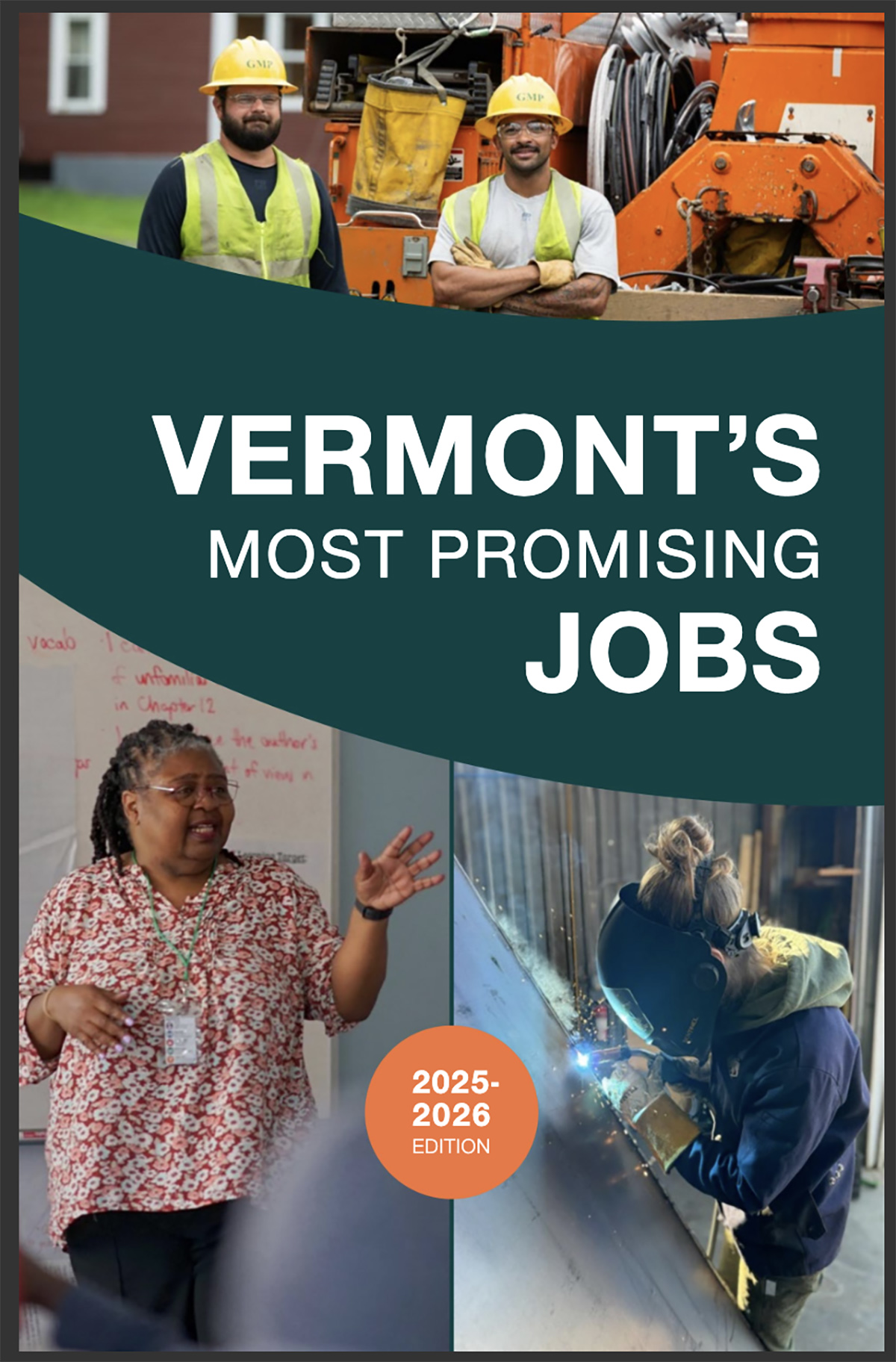Jobs
Have Fresh Graduate Tech Jobs Become A Casualty Of AI?

PASADENA, CA – MAY 14: Job seekers look over job opening fliers at the WorkSource exhibit, a … [+]
As many have noticed, there has been a slew of layoff announcements recently. While layoffs in general appear to be increasing, this article focuses on technical jobs. Technical layoffs create a conundrum for computer science graduates. As they enter the market fresh from college, they are competing with newly laid-off tech workers, who are likely to have similar academic credentials plus years of real-world experience. What should a fresh graduate do?
Where Are These Layoffs Coming From?
The first question to ask would be how much of these layoffs are due to AI (as it is easy to blame) and how much is due to other factors. An examination of the layoffs listed here and the stated reasons for each (which may or may not be fully true) reveal a range of explanations. Some that can be tied to AI are:
- Direct competition from AI: An example is Chegg – whose issues can be more directly linked to users seeking answers from AIs. AI has disrupted companies which has in turn led to a reduction of hiring at these companies.
- Efficiency improvements: There are cases like this where companies have explicitly noted steps they have taken steps to replace humans with AI.
- Refocus on AI: Some companies have explictly announced restructuring to drive focus on AI or AI-powered products.
Amid these changes that are affecting tech workers at all levels, we are seeing a shortage of opportunities for fresh graduates, many of whom are seeing a challenging hiring landscape, particularly in technology and related sectors. Even top students from top universities and technology majors, previously expecting a wide range of job offers, are facing a future with no offers.
What Does This Mean for Information Technology Graduates?
This is a good question. Computer Science has traditionally been a highly competitive area in college, the reason being that CS graduates used to be likely to get well-paying jobs. Those jobs are now amenable to being “optimized” by AI, rendering many roles traditionally done by fresh grads to be easier to automate.
Is Learning AI The Answer?
I believe the answer is a “yes, but”. AI is being applied to nearly all fields, and knowing how AI applies to your chosen technology role (whether that is as a front-end designer, back-end programmer, data scientist, etc.) is valuable. For example, knowing how to effectively and ethically use AI tools and combine them with your ingenuity and knowledge to improve productivity is valuable and makes the candidate a valuable potential hire. Even if your skills are in Data Science, consider whether you know how to use generative AI to accelerate data science tasks. However, this is not enough. Being productive in a corporate technical role includes many skills often not taught in universities, such as how to contribute to large existing code bases (a skill combining coding and software engineering), how to translate customer-facing features into practical implementations, working with industry-standard toolchains, etc. These are skills that a recently laid off technical worker will possess.
So What Can I Do?
In my career as a hiring manager, I have interviewed and hired hundreds of technical people. In the end, it comes down to technical skills and the ability to be a good team player and solve problems responsibly. Much has been written about how AI in the workplace makes soft skills even more valuable. For fresh graduates, in particular, studies like this one show that employers also struggle with the lack of suitable technical and problem-solving skills that one develops in a corporate environment. As a job applicant, consider these questions:
- What does a candidate with several years of experience have that I don’t? How can I compensate with experiences and skills? For example, working on team projects, large code bases in open source, internships, etc., can show a prospective employer that you have workplace skills. If you are applying to graduate school, consider how you can demonstrate research experience.
- What are workplace skills that I may not have learned in school? For example, most corporations use toolchains for software development (like Github) and often leverage cloud providers. Can I identify these tools? Can I learn how to use them? Many fresh grads encounter these for the first time on the job, but these skills can be learned through courses and personal projects.
- What do I know about AI? Learning AI in today’s world is generally a good idea. But make your learning practical. Resumes today are filled with simple AI projects. If you are doing an AI project – ensure that it has elements of realism in its data, toolchain, etc. Consult other professionals to assess the quality of your project and make sure that it helps you hit the ground running in a new job. The days of “AI on your resume” being impressive are long past. Employers will look deep into exactly what you did in your AI project and how realistic it is relative to their goals and challenges.
The changes in the job market are likely to continue as companies explore further the efficiencies of AI or become impacted by it in some other way. If you have difficulty finding a job immediately, use the time to do as many realistic projects as possible in your area of focus, whether that is engineering, research, or something else.









